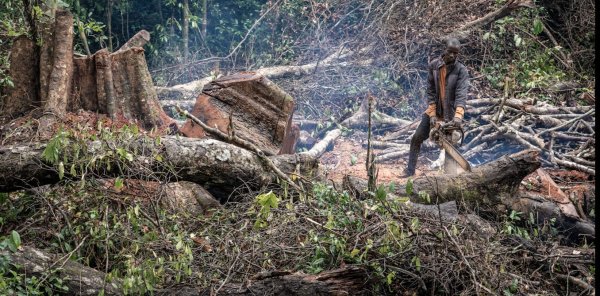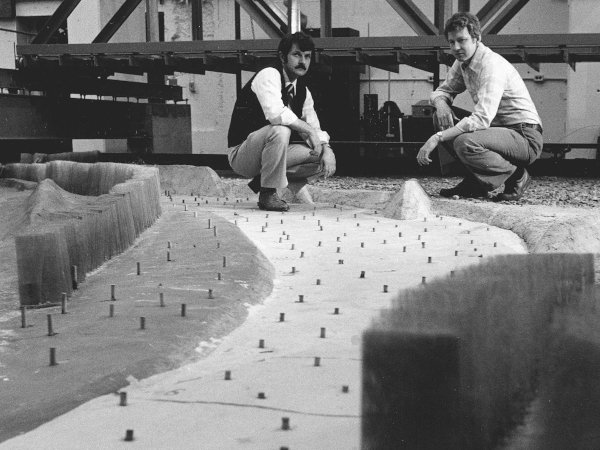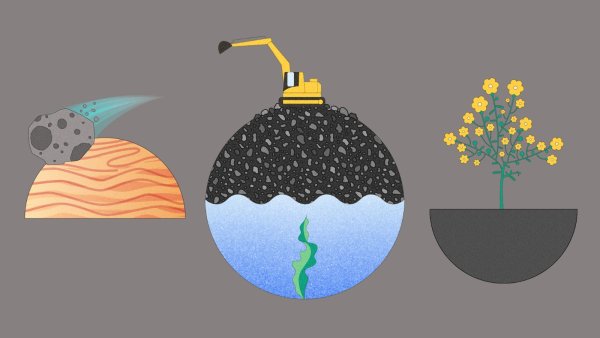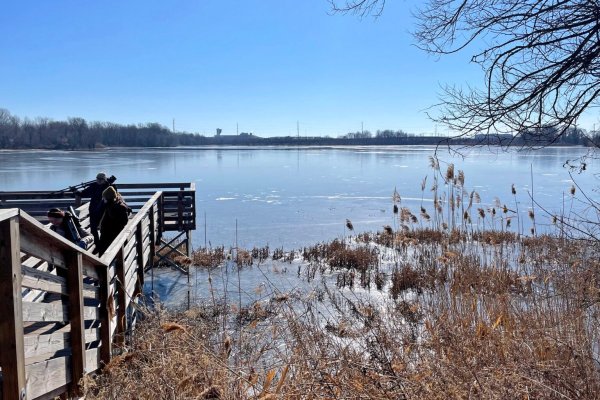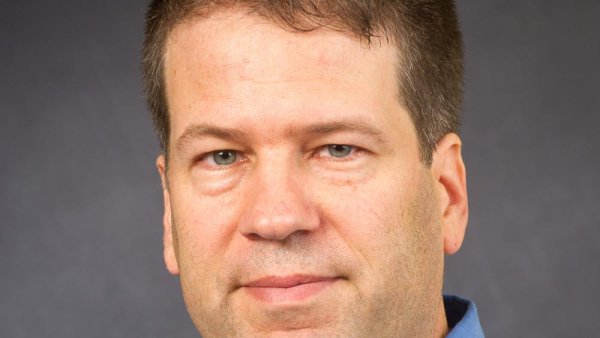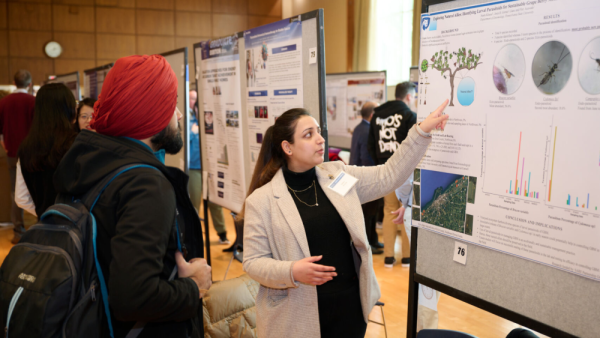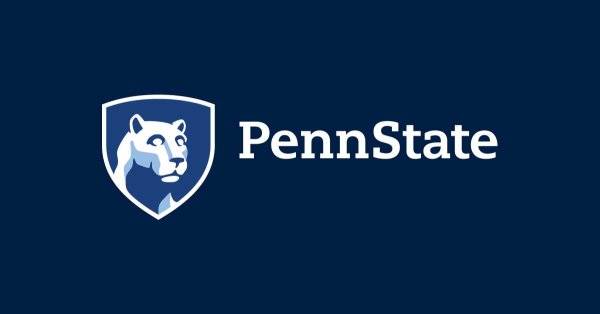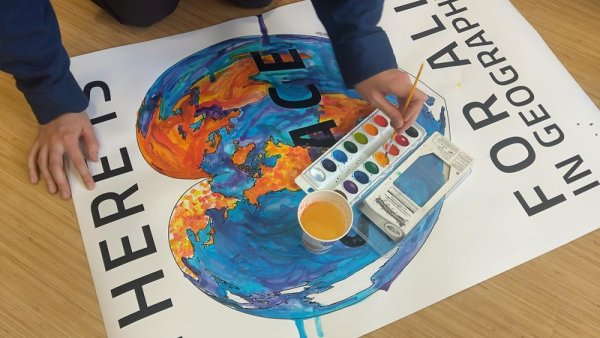Ecological disruptions are a risk to national security
| theconversation.com
Overfishing, disease and environmental crimes cause social and political instability, economic strife and strained international relations. This article was co-written by Bradley Cardinale, professor of ecosystem science and management.
College of Engineering welcomed 25 faculty members last year
| psu.edu
The Penn State College of Engineering has added 25 faculty members since February 2024. The four tenure-line faculty and 21 professional track faculty represent 10 units and departments.
IEE then and now
As we celebrate the start of our 63rd year this month, we’re taking a look back, literally, at the Institute of Energy and the Environment—its history, its evolution, and how its work has changed over time. From early research efforts to today’s interdisciplinary approach to energy and environmental challenges, the institute continues to adapt and grow.
The weirdest ways scientists are mining for critical minerals, from water to weeds
| grist.org
Since ancient history, mining has been a dirty business. While we’ve developed new tools, chemicals, machines, and techniques, most of today’s mining still boils down to digging in the dirt. This article quotes Sarma Pisupati, professor of energy and mineral engineering and director of the Center for Critical Minerals.
Opportunity: Call for Experts for Upcoming IPCC Work
Established in March 2025, the US Academic Alliance for the Intergovernmental Panel on Climate Change (USAA-IPCC) is a network of U.S. universities that are registered observers with the IPCC. AGU is hosting the USAA-IPCC network.The founding members are Colby College, College of the Atlantic, Dickinson College, Indiana University, Princeton University, Rutgers University, the University of California-San Diego, Washington University in St. Louis, Woods Hole Oceanographic Institute, and Yale University.
Harrisburg students promote, encourage undergraduate research
| psu.edu
Two Penn State Harrisburg undergraduate students are passionate about research — and about making sure their peers know that research can be an option for them, too.
Microplastics lurk in freshwater environments across Pennsylvania
| penncapital-star.com
Penn State scientists found microplastics dating back to the 1950s buried in the sediments of a river, two creeks and a lake.
April 2 seminar: Emissions trading effect on water quality, carbon sequestration
| psu.edu
David Newburn, associate professor in the Department of Agricultural and Resource Economics at the University of Maryland, will give the talk, “Interacting Incentives for Agricultural Conversation Subsidies and Trading Programs: Implications for Water Quality and Carbon Sequestration Benefits in the Chesapeake Bay Watershed,” at noon on Wednesday, April 2, in 157 Hosler Building on the University Park campus.
Graduate Exhibition to showcase research and scholarship for community
| psu.edu
Nearly 300 graduate students will be presenting research and scholarship and honing their communication skills at the 40th annual Graduate Exhibition, hosted by the Fox Graduate School. Community members can view research videos, chat with students about their scholarship, and see musical performances on Friday, March 28, on the University Park campus.
Donors create endowment for access and equity in Agricultural Sciences
| psu.edu
Thanks to a five-figure gift from anonymous donors, the College of Agricultural Sciences has established the Endowment for the Office of Access and Equity. The endowment will support activities and programming geared toward ensuring accessible, equitable opportunities and fostering an inclusive, supportive community where all are inspired to reach their full potential.
Penn State GeoGraphics Lab to host inaugural Community Mapping Day
| psu.edu
The Penn State Department of Geography’s GeoGraphics Lab will host its first Community Mapping Day on April 5 in the Walker Building at University Park. The event, free and open to the public, runs from 9 a.m. to 7 p.m., with an optional breakfast at 8 a.m. Participants, including students, faculty and community members, will have the opportunity to engage in hands-on mapping, geospatial storytelling and collaborative problem-solving focused on sustainability and local climate action.
Q&A: Earth scientist discusses the shrinking waters of the Colorado River
| msn.com
Key agreements in the "Law of the River," which encompasses more than 100 years of regulations, laws, court decisions, and more focused on managing the Colorado River, are set to expire next year. First established in 1922 as the Colorado River Compact, the guidelines split water management and allocation among seven states.

